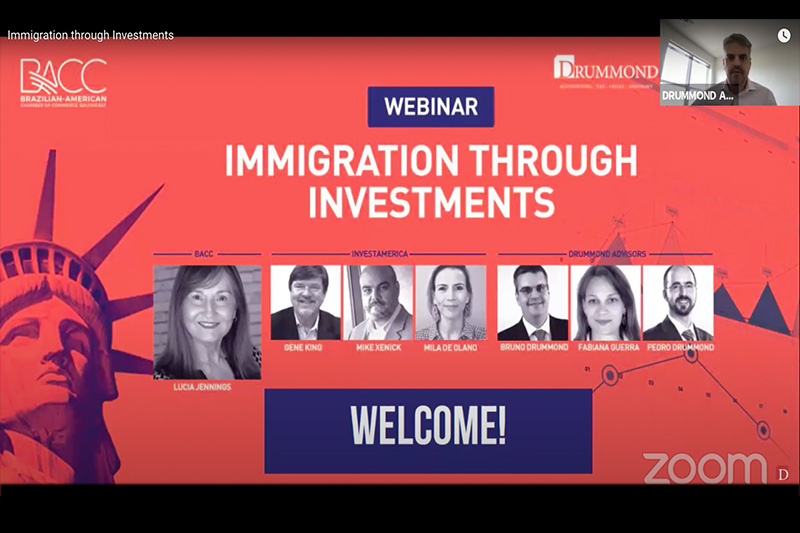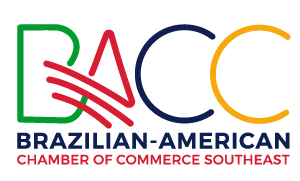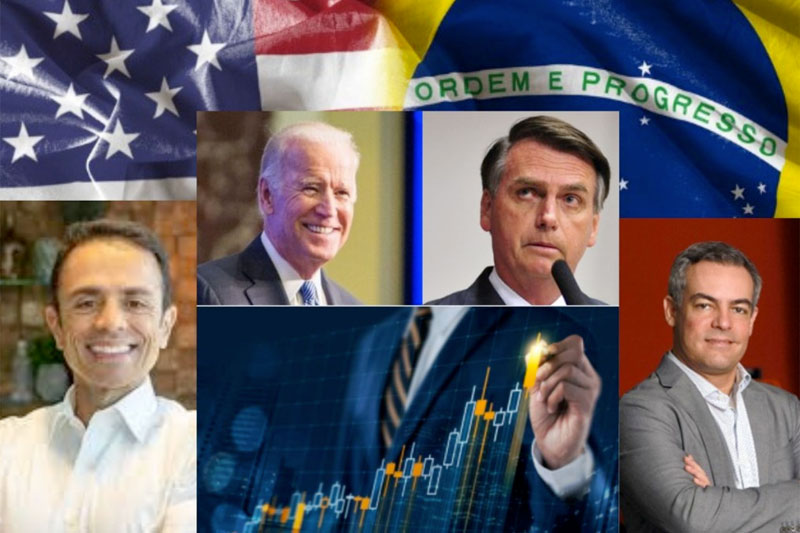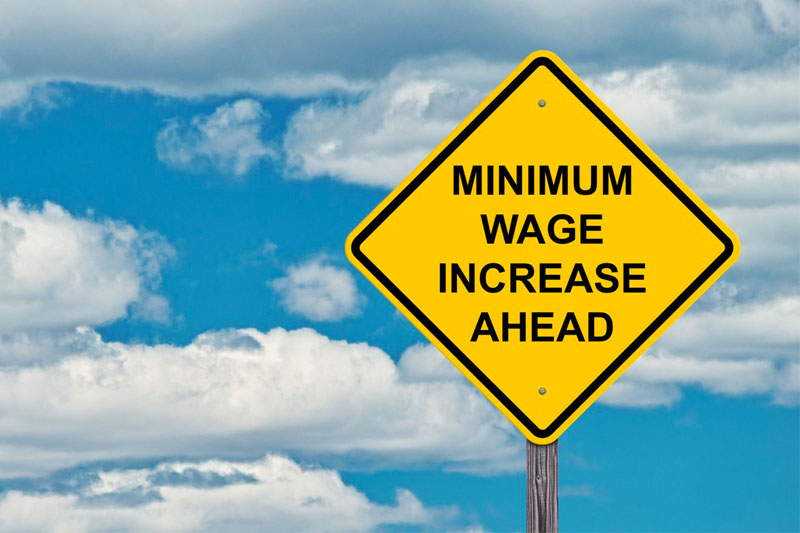
How to Succeed in the Global Market?
July 6, 2020
Immigration through Investments
August 3, 2020The Brazilian Ministry of the Economy released a macro-financial report on July 15 that stated that for the economic crisis caused by the epidemic, the recovery may be faster than was anticipated in May. The key indicators of electronic invoicing and retail performance reinforced the government's assessment that April was the worst month for the Brazilian economy this year, but now it has emerged from that darkest moment.
The Director of Special Finances, Waldery Rodrigues, said in a press conference on that same day, "April saw the worst performance of the Brazilian economy, but it's now in a recovery phase". The government foresees a 4.7% reduction in GDP for this year. During the pandemic, the government has taken the following measures to help companies: postpone the deadline for partial tax payments, cancel partial taxation, relax labor contracts and reduce credit costs."
The government said that these measures have saved many companies from bankruptcy, thereby reducing the economic and employment impact of those business failures. Among the emerging economies, Brazil is one of the most powerful countries in terms of the amount of resources expended for maintenance of the economy. These measures helped the economy show signs of recovery. Although April's economic performance was extremely slow, it started to recover in the following months, indicating that the rate of economic recovery is higher than the previous forecast.
Even though there are large numbers of unemployed people and reduced wages for some workers, government policies have increased the general income of workers during the pandemic, while protecting the most vulnerable groups, but also protecting the interests of employers and protecting them from bankruptcy. The benefit offered by the government of emergency assistance and the availability of withdrawals from the FGTS (Guarantee Fund for Time of Service) for the worker helped Brazil's economy during the crisis.
Rodriguez also pointed out that while these measures can protect the interests of people and companies for a short period of time, they cannot be sustained over the long term and cannot expand production capacity. This is only a temporary fix and will not be permanently effective. Therefore, the federal government is planning a new policy of social isolation, a re-emphasis on social isolation and distancing, and on expanding production capacity without increasing the tax burden.
Vladimir Kuhl Teles, Deputy of the Ministry of Macroeconomic Policy in Brazil, said that from May to July, the improvement in economic activity has become increasingly obvious. This is largely due to a series of measures taken by the government, but these are only temporary measures. He also pointed out that the crisis can be divided into three stages: economic downtime, gradual recovery and long-term maintenance.
But the data shows that economic uncertainty will continue to increase in 2020 and 2021. Teles pointed out that the drop in GDP in the second quarter may not be as bad as expected by economic analysts as stated in Focus, a report of the Brazilian Central Bank. He emphasized that the GDP growth forecast for 2021 should remain at 3.6%. It is expected to be around 2.5% in 2022, and GDP growth in 2023 and 2024 is expected to remain there. Given the great uncertainty of the market, it is difficult to make long-term forecasts.
With regard to the Broad National Consumer Price Index (IPCA), the forecast is for a fall from 1.77% to 1.6% this year. The main index prices (except food) are declining, which should also decrease the impact of inflation in the coming months. Additionally, food generally has a significant contribution to the level of inflation. The increase in meat prices at the end of last year is an example, but this year that impact is obviously gone. Inflation in 2020 overall is expected to continue to be very low.
This article provides references only and does not constitute any suggestion of investment or professional advice. For more information, contact the BACC-SE Chamber of Commerce. The Chamber assists U.S. firms wishing to trade with and invest in Brazil and facilitates the entrance of Brazilian firms aspiring to conduct business in the USA.
Sources:





